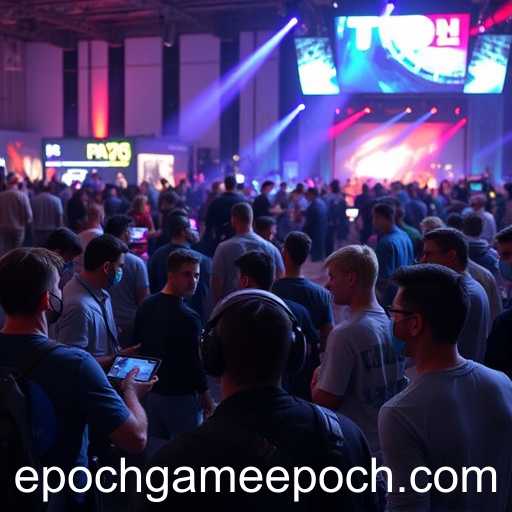In recent years, gaming events have surged in popularity, marking a new epoch in the realm of interactive entertainment. These events, encompassing a wide range of formats from large-scale conventions to virtual gatherings, have become pivotal in shaping the gaming industry and fostering communities worldwide.
Gaming events serve as crucial hubs for enthusiasts, developers, and industry leaders. They offer a platform for unveiling the latest innovations, sharing insights, and connecting with like-minded individuals. The appeal of these events lies not only in the opportunity to experience new technologies and games firsthand but also in the vibrant community atmosphere they create.
Events such as the Electronic Entertainment Expo (E3), Gamescom, and PAX (Penny Arcade Expo) have become mainstays in the gaming calendar. E3, traditionally held in Los Angeles, is renowned for its high-profile game announcements and exclusive previews. Meanwhile, Gamescom, based in Cologne, Germany, attracts attendees from all over the globe, making it one of the largest gaming events on the planet. PAX, with its various iterations across the United States, has cultivated a welcoming environment where gamers can celebrate their shared passions.
In addition to these massive conventions, online gaming events have gained traction, especially in light of the global COVID-19 pandemic. Developers and publishers have adapted by broadcasting digital showcases, allowing fans to participate from the comfort of their homes. This shift towards virtual formats has expanded the audience reach and fostered inclusive participation from gamers worldwide.
Furthermore, the impact of gaming events extends beyond the industry’s borders. They often collaborate with other entertainment sectors, including film and music, to deliver multifaceted experiences. By blending gaming with other forms of media, these events enhance the cultural significance of interactive entertainment.
Looking ahead, gaming events are poised to continue their evolution. The integration of augmented reality (AR) and virtual reality (VR) technologies promises to enhance interactivity and immersion, creating novel experiences for attendees. Moreover, the emphasis on community engagement is likely to grow, as event organizers seek to strengthen the bonds between fans and developers.
In summary, gaming events, as reflected by the enthusiasm surrounding the keyword "epochgame," represent a dynamic and essential aspect of the gaming industry. They encapsulate the spirit of innovation and camaraderie that defines the current era of gaming. As the industry continues to grow and diversify, these events will remain a beacon for creativity and community within the gaming landscape.








